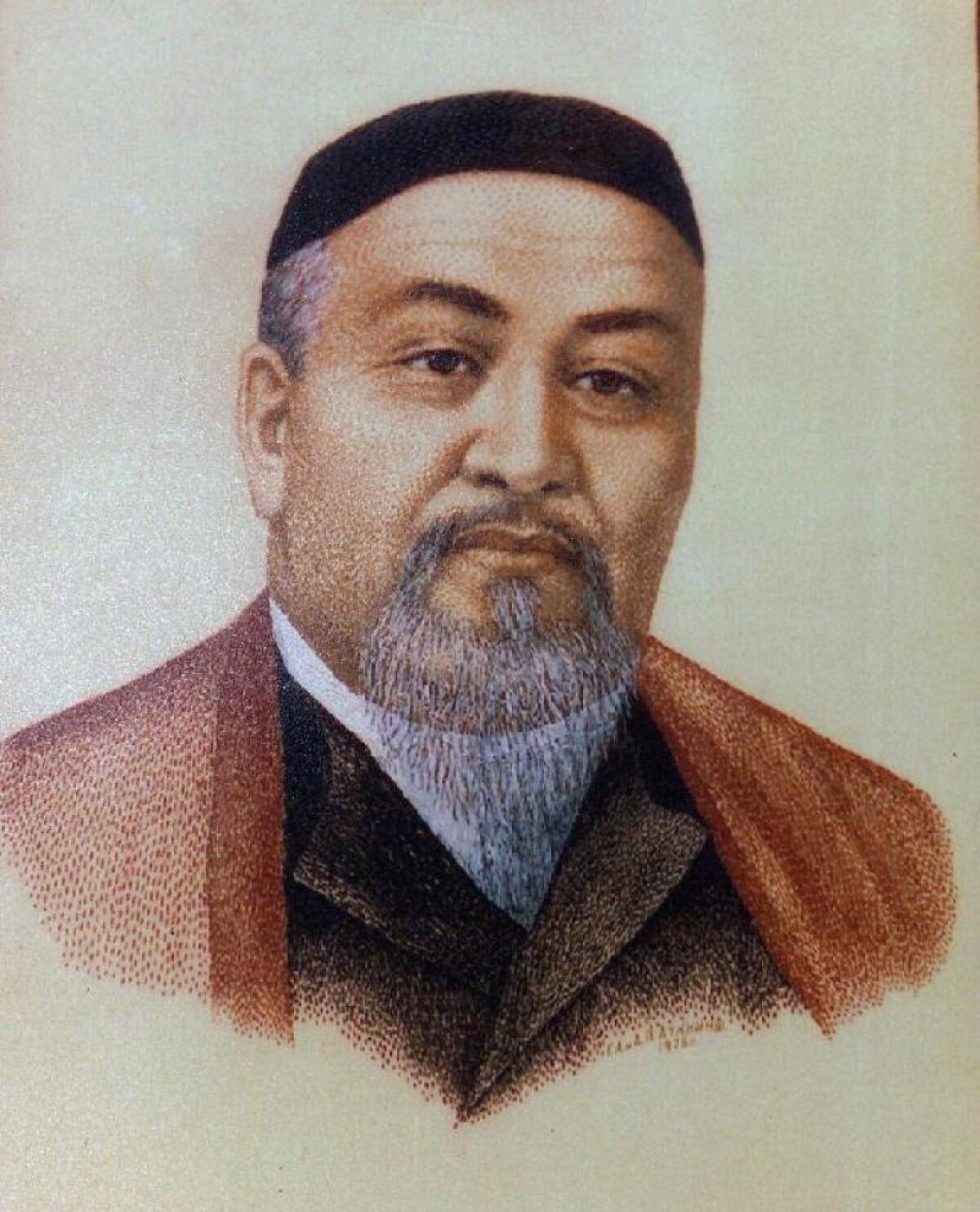Kunanbaev Abay
Abay Kunanbaev (1845-1904). Abay was born in 1845 at the bottom of the Chingiz Mountain in the today's Abai district (former Karkaraly) located in Eastern Kazakhstan region (formerly, the Semipalatinsk region).
He was a well-known Kazakh poet, a great thinker, composer, philosopher, the founder of written Kazakh literature, and its first classic.
The heritage he left his nation is rich in songs and poems, translations and prose. His translations of the poetry written by Russian writers and poets such as Pushkin, Lermontov, and Krylov became the national patrimony of Kazakhstan. He translated the works of Schiller, Goethe, and Byron into Kazakh language.
«Kara Sozder» [Book of Words] (prose) created by the great thinker constitute an ethnic philosophical work. This creation of his is an exploration of Kazakh national life in the second half of the 19th century. He influenced social affairs in the country where he lived.
He also participated in the governing of the country and played a certain role in trying to solve complicated problems justly.
The name of Abai is known worldwide just as Shakespeare, Goethe, and Pushkin are well-known in many countries, because his great words became a spiritual patrimony of not only one nation, but of the entire humankind.
Abay's main contribution to Kazakh culture and folklore lies in his poetry, which expresses great nationalism and grew out of Kazakh folk culture. Before him, most Kazakh poetry was oral, echoing the nomadic habits of the people of the Kazakh steppes. During Abay's lifetime, however, a number of important socio-political and socio-economic changes occurred. Russian influence continued to grow in Kazakhstan, resulting in greater educational possibilities as well as exposure to a number of different philosophies, whether Russian, Western or Asian. Abay Qunanbayuli steeped himself in the cultural and philosophical history of these newly opened geographies. In this sense, Abay's creative poetry affected the philosophical thinking of educated Kazakhs.
The leaders of the Alash Orda movement saw him as their inspiration and spiritual predecessor.
Contemporary Kazakh images of Abay generally depict him in full traditional dress holding a dombra (the Kazakh national instrument). Today, Kazakhs revere Abay as one of the first folk heroes to enter into the national consciousness of his people. Almaty State University is named after Abay, so is one of the main avenues in the city of Almaty. There are also public schools with his name.
The Kazakh city of Abay is named after him.
Among Abay's students was his nephew, a historian, philosopher, and poet Shakarim Qudayberdiuli (1858–1931).
Statues of him have been erected in many cities of Kazakhstan, as well as in Moscow.
A film on the life of Abay was made by Kazakhfilm in 1995, titled Abai. He is also the subject of two novels by Mukhtar Auezov, another Kazakhstani writer.
On May 9, 2012, following two days of protests in Moscow following Vladimir Putin's inauguration as President of the Russian Federation for the third term, protesters set up camp near the monument to Abai Qunanbaiuli on the Chistoprudny Boulevard in central Moscow, close to the embassy of Kazakhstan. The statue quickly became a reference point for the protest's participants. OccupyAbai was among the top ranking hash-tags in Twitter for several day thanks to Russian opposition leader Alexey Navalny who set up a meeting with his followers next to Abai Kunanbayev’s monument in Moscow that he called "a monument to some unknown Kazakh". This spurred a wave of indignation among ethnic Kazakhs who highly esteem Abai. This also brought Abai's poetry into the top 10 AppStore downloads.
Share:









